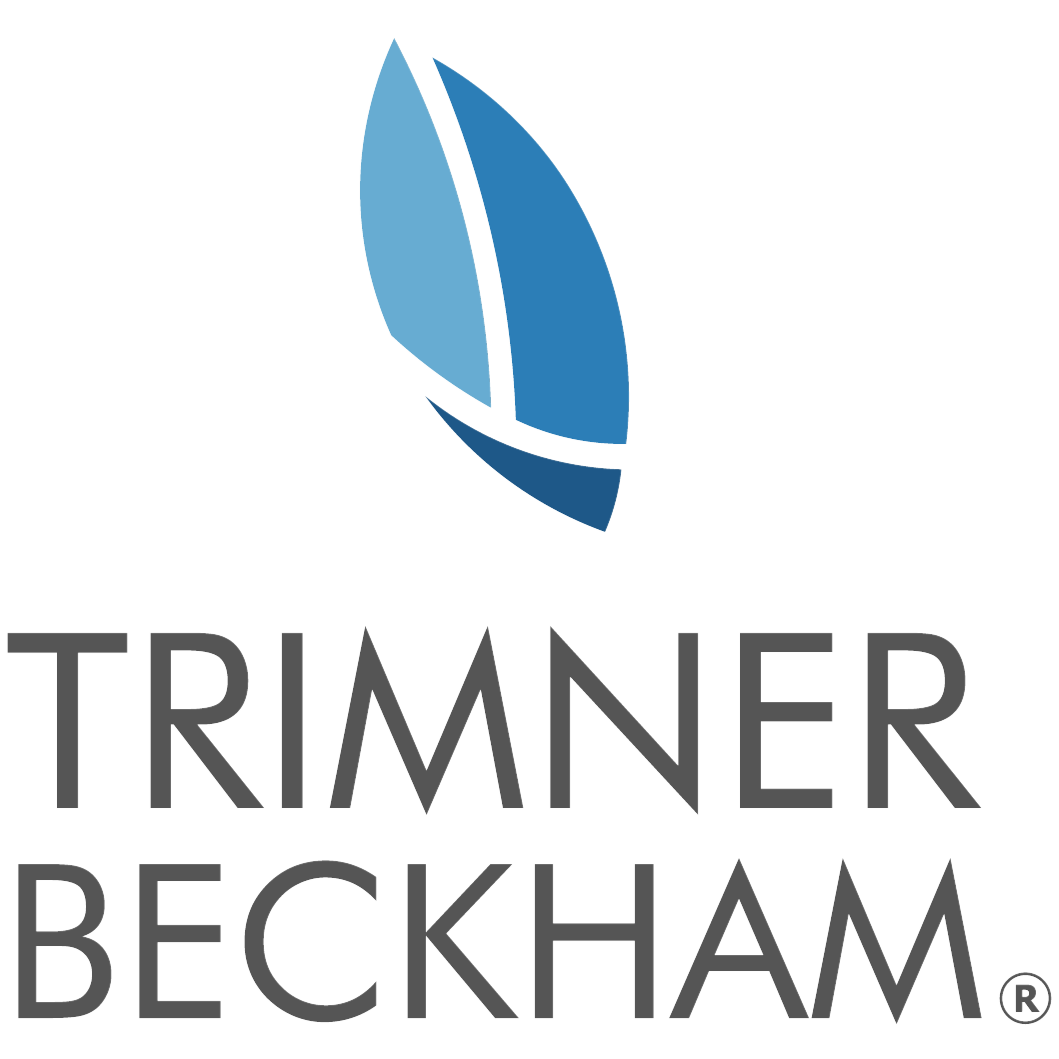David Trimner has provided tax consulting services to nonprofit organizations for over 20 years. While he is not an auditor, he has worked for several audit firms, including “Big 4,” “Second-Tier,” and regional firms. He provides this inside look into how a nonprofit organization can write an effective request for proposal (RFP) and then successfully interview and select an audit firm.
Executive Summary
- Ensure that the prospective auditors demonstrate that they understand your organization’s structure and programs during the interview.
- Don’t be influenced by a fancy written proposal designed by sophisticated marketers if it tells you little about the team’s relevant skills.
- During interviews, try to get responses from the junior staff. Don’t let a fluent, polished Partner provide all the “perfect” answers.
- Don’t assume your audit firm is the best choice for tax services. Perhaps they are. Perhaps they aren’t. Treat the tax return as a separate engagement and make the audit firm win it on its own merits.
Professional Services Are Not a Commodity
A commodity is a basic commercial product where the providers are interchangeable. The quality is substantially uniform and will only vary slightly between vendors. However, the quality and service provided by professional accounting firms can and will vary widely. Some firms will do only the minimum in order to offer low prices, while others will spend the time getting to know and understand your business so they can provide valuable advice and consultation.
When it comes to audit services, remember that no matter how friendly, collegial, and collaborative the relationship is, there is an “adversarial” element. The audit firm works for the governing body, and part of its role is to uncover material misstatements in the financial statements. The auditors may promise all kinds of assistance and insight, but their ultimate purpose is to sign an audit opinion that doesn’t put the firm at risk and do so efficiently and profitably.
When selecting an audit firm, several factors must be weighed:
- How well do they understand our industry?
- How well do they understand our activities?
- How will they staff the engagement?
- What is the cost?
- How are overruns handled?
- What other services can they provide?
Unfortunately, most Audit RFPs allow the audit firm to talk about themselves rather than focusing on how they will serve YOU. Audit firms usually have business development teams creating sophisticated boilerplate proposal templates. An experienced Partner at the firm will usually customize that material into a format that matches your RFP.
In general, the proposals you will receive will all be remarkably similar:
“We understand the challenges you face.”
“Our approach is unique.”
“Our turnover is the lowest in the industry.”
“We have an amazing diversity and inclusion culture.”
You will quickly realize that the responses are very similar, and you will inevitably focus on the professional appearance of the proposal and, of course, the price. The problem with this approach is twofold.
Appearance: If you dismiss the proposals that look and feel less polished, you are judging the firms by their marketing skills rather than their ability to do the job. Some firms invest heavily in creative and talented marketing teams, but that is of no benefit to you after the proposal process. On the other hand, a firm that spends less on marketing may be spending more on client service. Avoid judging the firms by the quality of the proposal alone, or you might inadvertently eliminate some good options.
Price: The only firm that can quote an accurate price is the incumbent. Only the incumbent firm knows the actual hours and scope of the engagement. The other bidders are just guessing. Most accounting firms in given geography have a similar salary and overhead costs, so most of them charge a similar hourly rate. A firm that quotes a low price may have underestimated the hours, so they will find a way to bill you for ‘out-of-scope’ services later. If the price is high, then perhaps they anticipate doing more work than will actually be necessary. Either way, the price is almost always negotiable. Not every firm will match the lowest quote, nor should they. But if you use the incumbent’s proposed fee as a baseline, most firms will match, or slightly discount, what the incumbent is charging. Therefore, you shouldn’t be too quick to throw out the highest and lowest price quotes, which may simply reflect a misestimate of the hours.
Designing an RFP
Limit the page size – If you don’t, you will get proposals over 40 pages long with surprisingly repetitive content. Limiting the proposals to ten or twenty pages will force the bidders to edit their proposal and trim the fat.
Pinpoint the team’s experience – The firm’s proposal will tell you how many offices they have and how many nonprofits they serve. Does it matter if the firm has 8,000 nonprofit clients if they are sending you a team that only works on a few? Do you care that the firm has been doing this type of work for 50 years when obviously no one on the team has that much experience? It’s terrific that they are well-stocked with subject-matter experts and thought leaders, but will any of them be working on your project? Insist that the proposal be very specific about the number and size of nonprofit organizations the individuals on the teamwork on each year.
Set expectations for staff continuity – Many RFPs ask about the firm’s employee turnover. Don’t bother. The answers you receive will range from puffery to outright falsehood. Some firms deliberately exclude all associates with less than three years of experience from the turnover calculation. Others will exclude involuntary terminations. The fact is, in the accounting profession, staff people move around frequently. While the Partner and managers on your engagement will probably remain consistent over the course of a few years, the staff and seniors are likely to change almost every year. Whether the firm you go with is local, regional, national, or international, there will be new and inexperienced associates on your engagement each year. Be suspicious of any firm that claims otherwise. You should indicate your expectation that your engagement is staffed with experienced senior associates who understand your industry. You should also inquire about the firm’s Partner rotation policy.
Define the audit process – Audits must follow specific guidelines in order to meet the standards set by industry regulators. Each proposal will explain, page after page, what those standards are. The real question is, how will they audit your organization? You want a firm whose processes match your expectations. Do you prefer that the audit take place in your offices, or do you prefer that it be conducted remotely? Do you like printing hard copies of everything, or would you rather share electronic documents through a client portal? Do you want a narrow focus on material items, or are you looking for a comprehensive examination coupled with suggestions and advice for best practices? Selecting a firm whose audit philosophy is a mismatch with your own will lead to mutual frustration.
Identify sub-industry experience – Make sure the bidding firms are knowledgeable about your sub-industry. They may have hundreds of public charity clients, but that doesn’t necessarily mean they have experience with healthcare organizations, higher education, trade associations, or private foundations. It is especially important during the interview to pose specific questions to the staff members and not let the Partner do all the talking.
Conducting Interviews
Each firm will bring a team of professionally dressed, eager young accountants led by a veteran Partner or two. After introducing everyone, the Partner will generally do most of the talking. Anything the managers are permitted to say will be pre-rehearsed, and the Partner will field most of your questions. Remember: you aren’t going to be working with that Partner. Firm Partners may review a few workpapers at the end of the engagement, return your phone calls (eventually), and meet with the Board. Other than that, you aren’t going to see or hear from them very often. What will they be doing while the audit is being conducted? Another sales call. A Partner’s job is to grow the business, not to serve you. Never base a decision on the smooth and insightful answers of the Partner.
The staff and seniors who will be performing the actual audit are rarely invited to the interview. These are individuals with little to no experience who are often extremely overworked and underappreciated. You will be assured that your audit team will be made up of seasoned professionals with years of experience serving organizations just like yours. In reality, every firm staff the audits with inexperienced staff overseen by individuals with 2-3 years of experience. Since you usually will not meet these people until the engagement begins, you won’t be able to base your decision on them.
Therefore, during the interview, focus on anyone who isn’t a Partner. Managers and seniors will oversee the staff and will be your main point of contact. They do a thorough review of all work products and are accountable for your satisfaction. They may not be polished salespeople, but they are probably competent and efficient auditors. Don’t be discouraged if they aren’t particularly personable or enthusiastic. With all due respect to accountants, people don’t go into accounting as an outlet for creative energy. Pose questions to them directly, and don’t allow the Partner to answer for them. Weigh what they say carefully, even if the Partner tries to “clarify” what was said. If you can establish respect, rapport, and trust with the managers and seniors, the audit should go smoothly. If you sense that there is a lack of experience or that communication skills are sorely lacking, don’t expect the audit to be efficient.
The bidding firms should thoroughly review your website and be familiar with your current activities, articles, and press releases. Ask a few discerning questions to see if they are familiar with your recent conferences, fundraising events, or appearances in the news.
Finally, resist the urge to be overly impressed by whichever firm presents first or last. The firms jockey for those positions and believe there is an advantage to making the first or the final impression. Try to avoid scheduling multiple interviews back to back. If possible, spread the interviews over multiple days and don’t interview more than two firms each day. Schedule break times between interviews so that your mind can reset, and each interview feels fresh. You will ask better questions as the process goes along and will base your inquiries on what prior candidates have said. This can work to the advantage of firms who are interviewed later in the process. Since the order of the interviews is not an indication of which firm is best suited to your needs, be aware of unconscious bias toward the first or last interviewee.
Tax Services
Many nonprofits prefer that the audit firm also prepare the tax return. However, there are several reasons why your audit firm may not be the best alternative for your tax work. Please see, “Should my Audit Firm Prepare My Tax Return?”
Conclusion
If your RFP is poorly designed, you will receive proposals that provide little useful information. Instead, design an RFP that will help you identify firms that demonstrate knowledge of your organization and its activities. Select a few firms and then interview them to determine the relevant experience of the engagement team. Tax compliance and consulting services should be engaged separately, even if you select the same provider.
For more information, please reach out to us for a free initial consultation.




